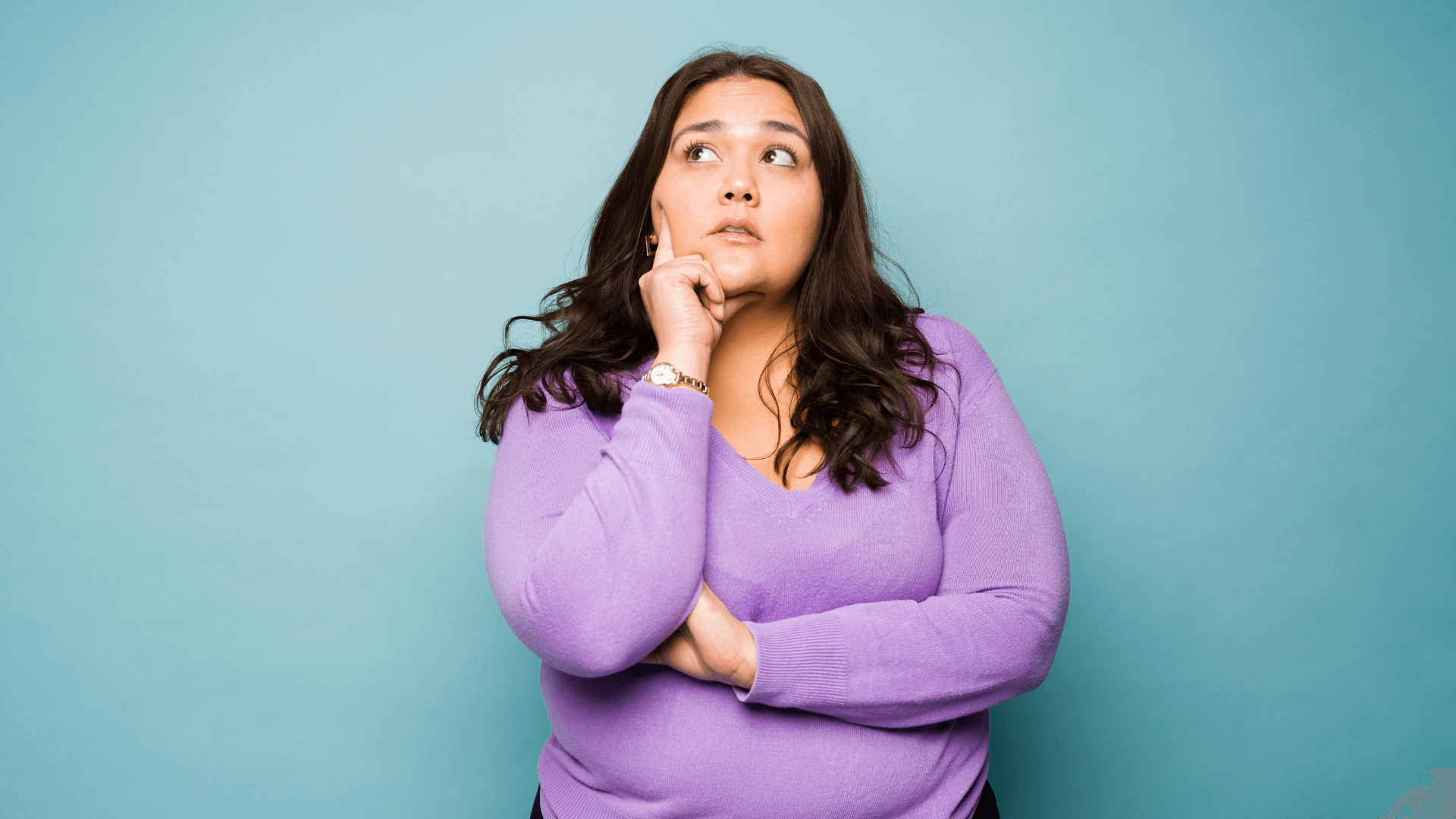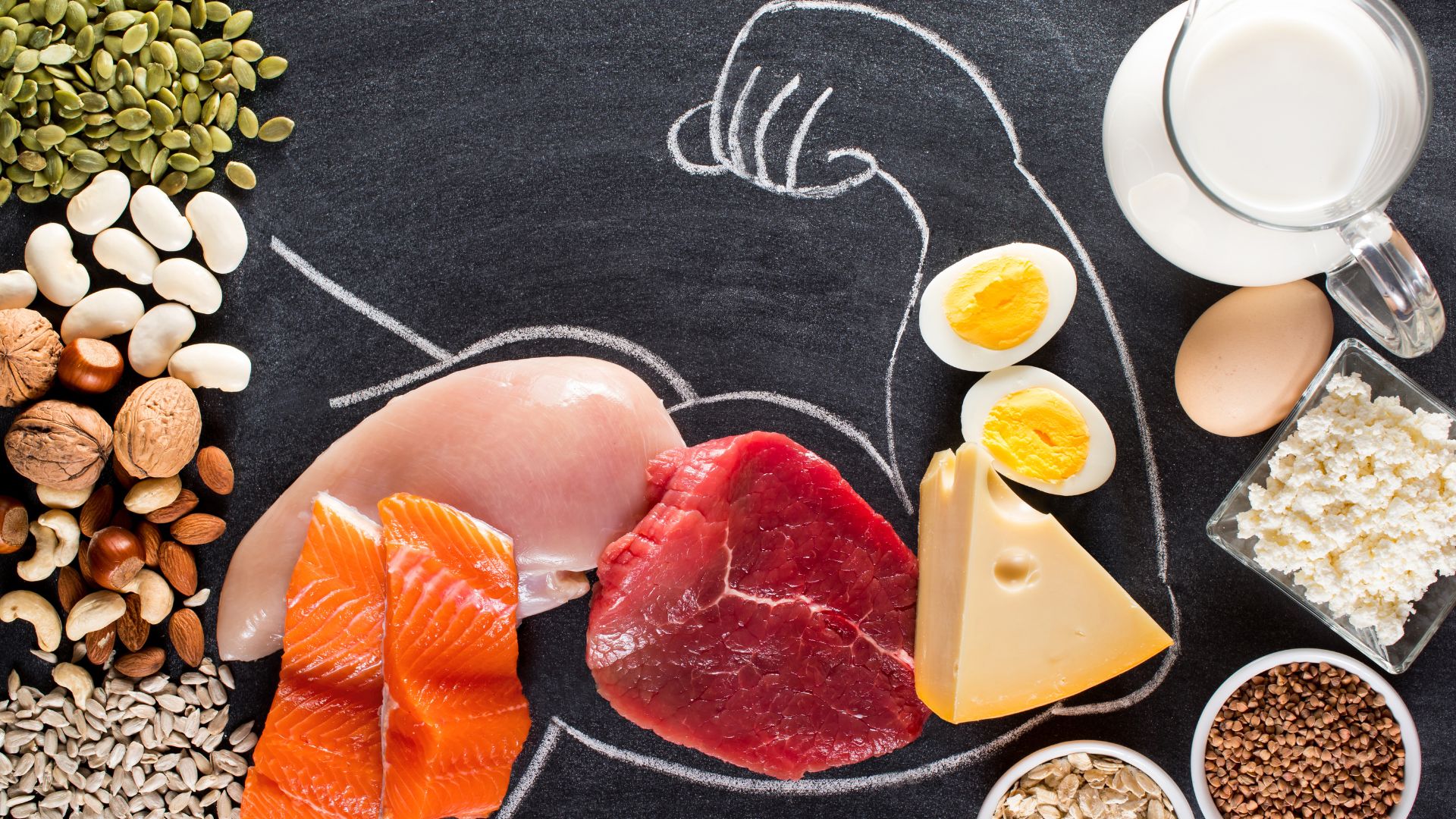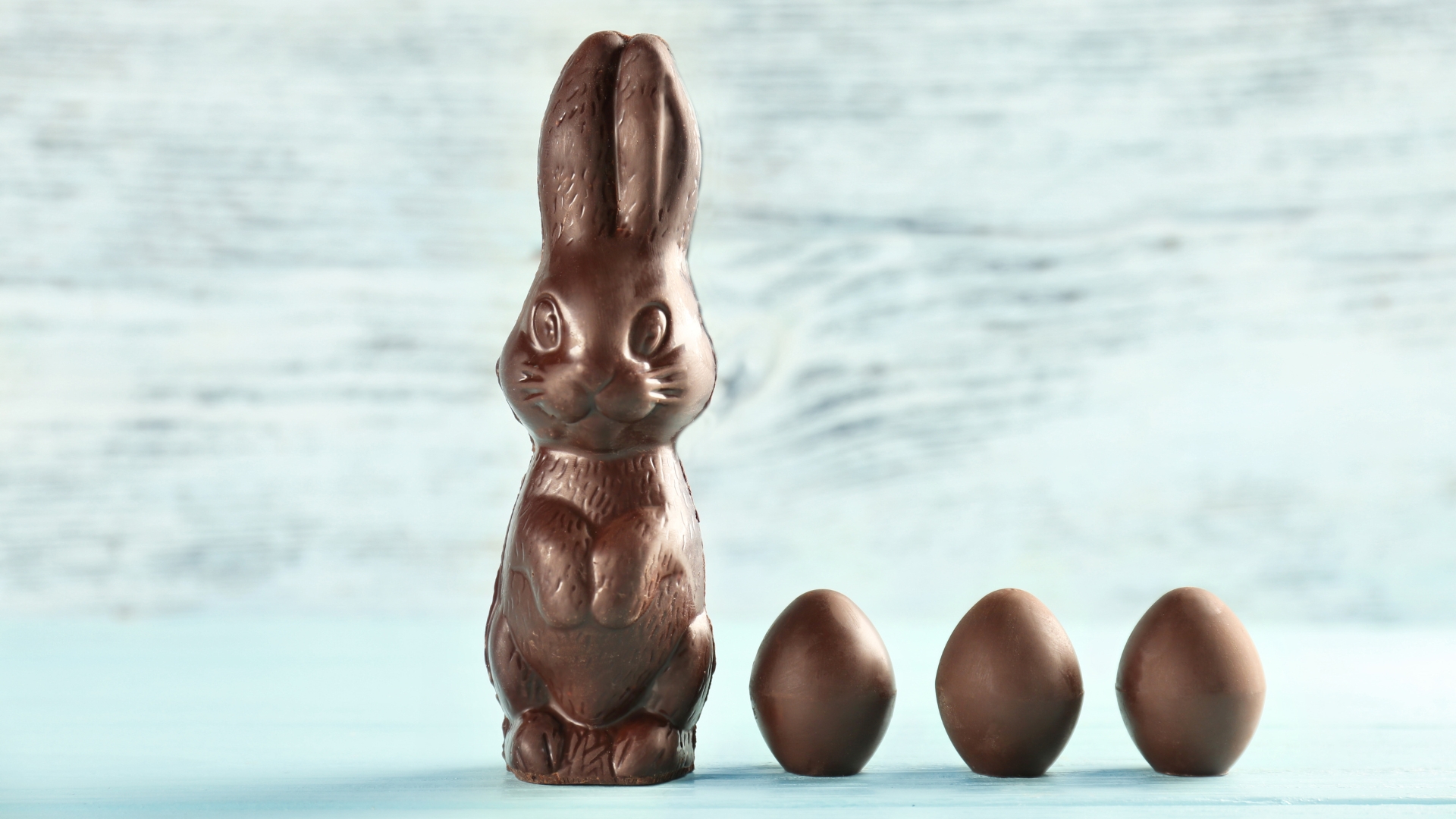Food Guilt: Why it Holds you Back and How to Let it Go

Let’s talk about a little something that might have been weighing heavily on your mind lately: food guilt. Yep, that nagging feeling that creeps in when we indulge in our favourite treats or stray from our usual eating habits. But here’s the thing – food guilt is like that annoying friend who just won’t take the hint and leave the party. If you can build a healthier relationship with food you’re less likely to overeat and more likely to feel positive about yourself. So it’s time to show ‘food guilt’ the door and reclaim our love for food (guilt-free)!
Understanding Food Guilt
Food guilt is that little voice in your head that tells you you’ve been “bad” for enjoying that extra slice of cake or skipping your daily salad in favour of pizza. It’s that sinking feeling in your stomach when you think you’ve “cheated” on your diet or deviated from what you believe is the “right” way to eat. But here’s the kicker – we’re not born with this guilt. It’s something that’s ingrained in us by today’s culture, society, and even the media. Did you know food guilt can manifest as early as six years old?!
The Guilt Cycle
Feeling guilty for eating a food can make it more desirable. The more desirable a food is the harder it is to “resist.” The harder a food is to resist the higher likelihood of you overeating it. The more you overeat the guiltier you feel. The guiltier you feel, the worse you feel about yourself. And the cycle starts again.
The Toll of Food Guilt
Research has shown that food guilt can take a toll on our mental health. People who experience high levels of food guilt are more likely to experience symptoms of anxiety, depression, and low self-esteem. These negative emotions can create a vicious cycle, leading to further disordered eating behaviours and an overall diminished quality of life.
Examples of Food Guilt
So, what does food guilt actually look like? One (or more) of these scenarios might seem a little familiar to you.
1. The Dessert Dilemma
You’re out with friends at your favourite restaurant, and everyone decides to order dessert. You’re torn between wanting to indulge in that decadent chocolate cake and feeling guilty for straying from your usual “healthy” eating habits.
2. The Clean Plate Conundrum
You’re at a family gathering, and your mother in law serves up a heaping plate of her famous lasagna. Even though you’re already full, you feel obligated to finish every last bite to avoid hurting her feelings, leading to feelings of guilt for overeating.
3. The Comparison Trap
You scroll through social media and see influencers and celebrities flaunting their #cleaneating lifestyles and perfectly toned bodies. You can’t help but feel inadequate and guilty for not measuring up to these unrealistic standards of health and beauty.
Letting Go of Food Guilt
Now that we’ve identified the beast that is food guilt, how do we go about slaying it once and for all? Here are a few strategies to help you break free from the guilt cycle:
1. Challenge Negative Thoughts
When those feelings of guilt start to creep in, challenge them head-on. Ask yourself why you’re feeling guilty and whether those thoughts are based on facts or irrational beliefs (eg “I’m going to wake up 5 kilos heavier tomorrow because I had dessert tonight”). Remind yourself that food is not inherently good or bad, and one indulgence won’t derail your overall health or happiness. Over time you will change your internal monologue and start to enjoy food without the heavy burden of guilt. Once you remove guilt from eating and labels like “bad” from foods you will find you are less likely to overeat.
2. Practice Intuitive Eating
Instead of mindlessly devouring your meals or obsessing over every calorie, try a bit of intuitive eating – A.K.A focus on the flavour not the guilt. Pay attention to the taste, texture, and satisfaction that each bite brings. Listen to your body’s hunger and fullness cues, and honour your cravings without judgement. Have a go with our scrummy Peanut Butter Bliss Balls.
3. Cultivate Self-Compassion
Treat yourself with the same kindness and understanding that you would offer to a friend. Beating yourself up over food choices only perpetuates the cycle of guilt and shame. Instead, practice self-compassion by acknowledging that it’s okay to enjoy your favourite foods in moderation and that you’re worthy of love and acceptance regardless of what’s on your plate.
Closing Thoughts
So there you have it – a crash course in conquering food guilt and reclaiming your love for eating. Remember, life’s too short to waste precious time and energy feeling guilty about food choices. Embrace the joy of eating, savour every bite, and let go of the guilt that’s been holding you back. Here’s to guilt-free indulgence and a healthier, happier relationship with food!







